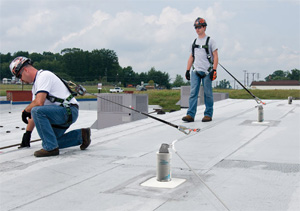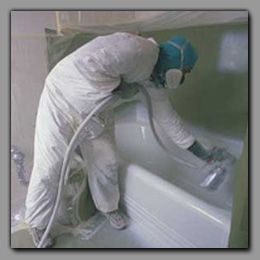Our good friend Tom Domer posted the following article about the history of workers compensation in America. Nebraska, like Wisconsin, was an early pioneer. Our Workers Compensation law was effective in 1913. Current efforts to allow business to opt of workers compensation protection for workers seems to be gaining momentum. Going back to the 19th century in treatment of workers is not acceptable. We can’t let the forces of big business and greed take us back to the robber baron days of old. Reading the history and understanding how important workers compensation protection is essential and I thank Tom for his well written and thoughtful discussion.
More than a century ago, Wisconsin’s initial efforts in worker’s compensation led the nation. In 1911 Wisconsin became the first state in the nation to place a broad constitutionally valid worker’s compensation system into operation. Recent events, specifically Oklahoma’s passing legislation to allow employers to “opt out” of worker’s compensation (following the “lead” of Texas) calls into question the great bargain made between employers and workers over a century ago. Prior to the enactment of worker’s compensation in the early 20th Century, workers who were injured on the job had to overcome three common law obstacles in order to recover from their employer.
Under contributory negligence, a worker could not recover from the employer if the worker had been negligent in any way and that negligence contributed to the accident, regardless of how negligent the employer may have been.
Under assumption of risk, if a worker knew or should have known of the danger inherent in the task at issue before undertaking it, the employer was not liable for an accident arising from the task even if the employee was not negligent.
Under the fellow servant rule, employers could not be held liable for accidents caused by fellow employees.
The combined effect of these common law defenses served to deny Continue reading






